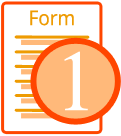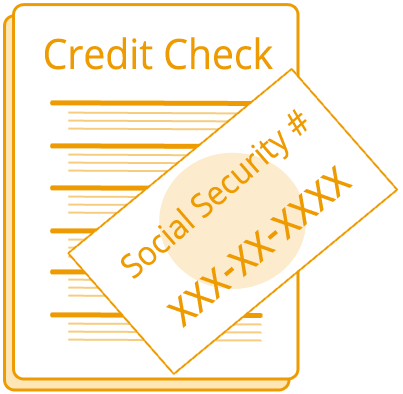Mortgage loans and mortgage rates can vary slightly from state to state and by region. Depending on factors like down payment and credit, your mortgage loan lender may steer you to a certain type of loan that may be easier for you to qualify for. Listed below are the various types of loans that your lender may discuss with you. Having the knowledge going into the loan process may make it easier for you to understand what you mortgage lender is offering you and if it’s the right loan for you.
Fixed Rate Mortgages:
Fixed interest rates are rates which will not fluctuate as time goes by, regardless of how much national interest rates may rise or fall. If your goal is to stay in the home you’ve just purchased for a long period of time, most experts would agree that a fixed rate mortgage would better weather the rise and fall of mortgage interest rates due to fluctuating economic conditions.
Adjustable Rate Mortgages:
Unlike fixed rates, variable rates fluctuate in response to changes in national rates. When national rates increase, a variable rate loan will also increase … but when national rates decrease, the variable rate will do the same. The fluctuation of the loan rate is usually tied to an index, like Treasury bonds, and goes up or down based upon the performance of that index.
Balloon Loans:
A balloon loan is a mortgage with a fixed interest rate for a set period of years. Unlike traditional fixed rate home loans, the interest rates on balloon loans are nearly as low as those found on adjustable rate mortgages. The problem with balloon loans, however, is the term. At the end of the term, you must repay the balloon loan in full. Yes, in full!
Government-backed Loans:
Mortgage loans that are insured by the U.S. government can help pave the way to home ownership for many home buyers. One of the primary advantages of such a loan is that it allows you to buy a home with a low down payment. Examples of these would be FHA (Federal Housing Authority) and VA (Veterans Administration) loans.
Interest-only Loans:
The interest-only home loan was widely used during the housing boom of the early to mid 1990s. They were primarily used to lure in home buyers who could not otherwise afford their monthly payments. But this type of loan has some major drawbacks, as well. As the name implies, interest only home loans are loans that include an option of only paying the interest every month.
Home Equity Loans and HELOCs:
The equity you have in your home is an asset. You can “tap” into it to pay for other things, like a remodeling project or your child’s college tuition. But you need to learn some of the basic concepts before you make such a decision. Home equity loans and HELOC’s (Home Equity Lines Of Credit) can only be utilized if your homes value is greater than the amount that you owe.


